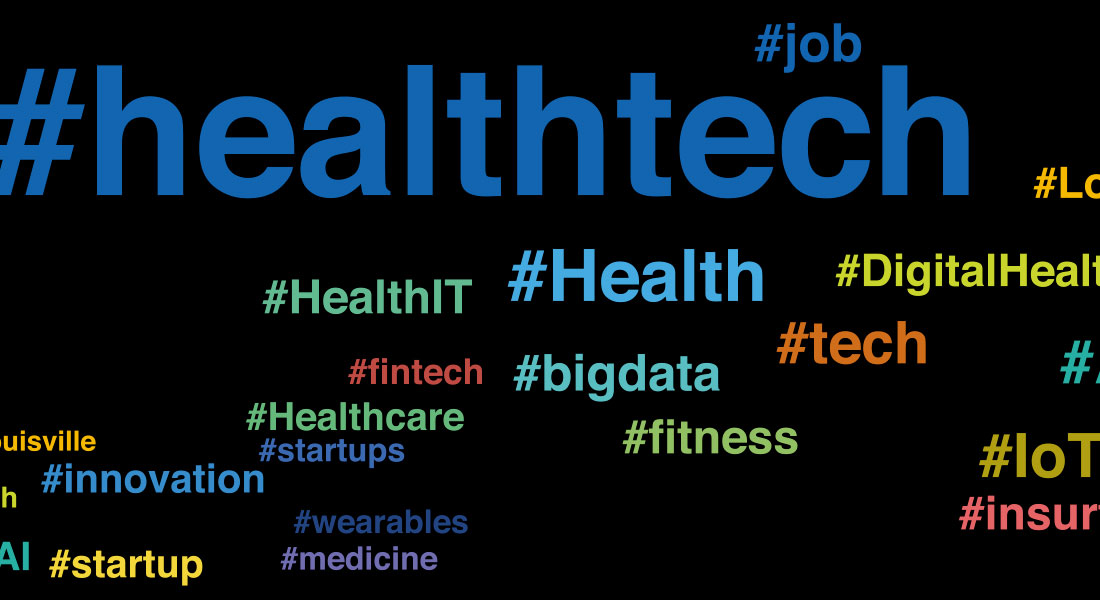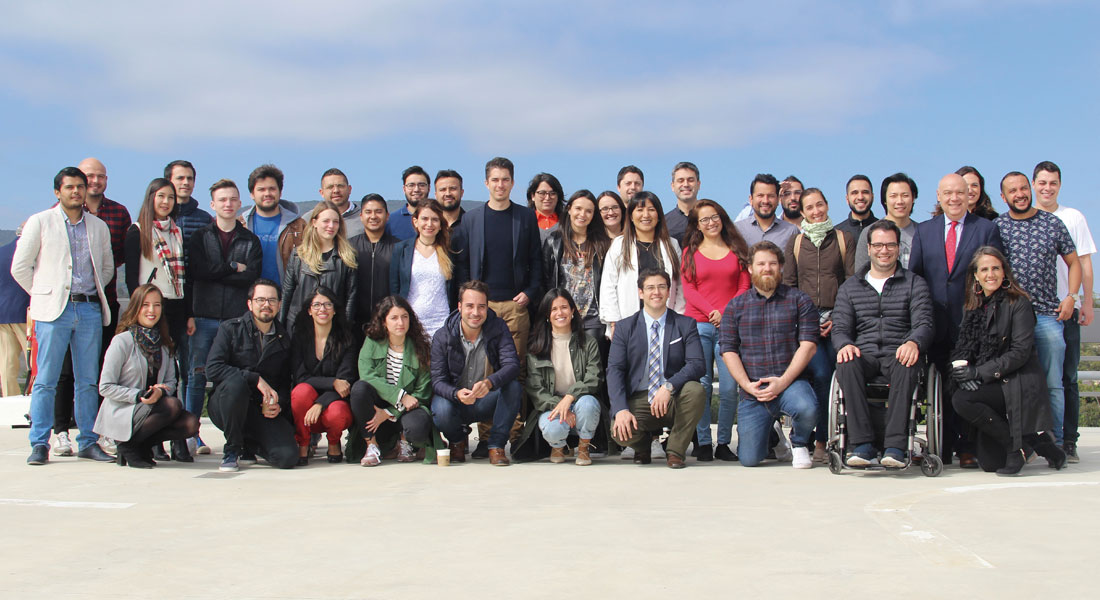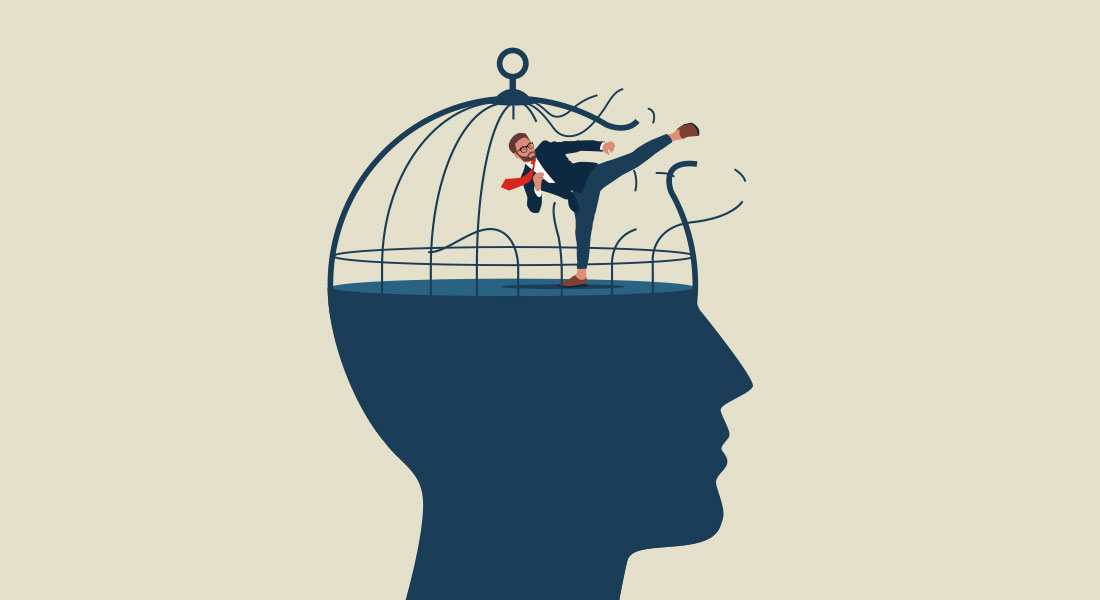


For most of history, food was scarce and/or required intense physical labor; a situation hardly imaginable to most of us today. During our “cavemen” period, which lasted far longer than people imagine (we have lived more years without agriculture than we have with it); there were so few humans on the planet that Nature could sustain all of us eating mostly meat, fish, eggs and few edible plants (and these occasionally at that: only in some regions, and with varying availability throughout the year). With agriculture, mankind became capable of sustaining large populations with more food… but unfortunately most of it is rather nutritionally deficient. Grains like corn, rice or wheat; can give us enough calories to stay alive but are not great nutrients, and in fact cause health problems if consumed in excess.
Throughout the previous centuries most people were fortunate to have access to any food; nowadays however – in times of abundance and massive overproduction – nutrition has become a way to make socioeconomic and sometimes political statements. As we grow to be several billion people on Earth, access to food and food economics have become hot political issues. What foods the government chooses to subsidize, also end up having effects on public health. Something we clearly see in our times, when rates of obesity and diabetes won’t stop rising.
I detect four different dimensions, or categories for why people choose a certain dietary lifestyle: overall health (including weight control), management of some specific disease (diabetes for example), the ethics of animal exploitation, and the environment. Where the last two are concerned, veganism and vegetarianism have emerged as attractive options. Vegetarianism has always been known in some ancient cultures and religions, while veganism has been historically much rarer. And when looking at those four dimensions, we find some tension between ethics and nutrition, if we follow at least some of the science – which is admittedly confusing and has studies showing contradictory results… nutrition is incredibly complex. Nowadays many experts not only in nutrition, biochemistry and human physiology, but also in human evolution, agree that consuming animal protein was likely the very thing that made us human. Our genes as they exist were forged in the latest ice age, thousands of years before the first agricultural revolution; and the accessibility of animal meats and fats played a crucial role in our brains’ growth. The debate still rages on among nutrition experts, on whether it is possible to have a balanced nutrition without consuming any animal products (including not just “protein” as an abstract substance, but all nine essential amino acids). Vegetarians can achieve this easily by eating eggs and dairy, vegans however are a trickier case. The jury is still out there, on whether a balanced nutrition with an adequate profile of all essential nutrients is achievable while completely foregoing animal products. Vegans have to supplement some essential fatty acids and vitamins which don’t exist in plants. There’s evident tension between this science and the ethical aspects of eating or exploiting animals. And the environment can also greatly suffer if suddenly eight or nine billion people want to eat a lot of beef and dairy!...
However, just because a product comes from vegetables that also doesn’t mean it’s automatically “healthy” or “environmentally friendly”. Conscious consumption is much more important than just following a label. And, an to state a perhaps unpopular opinion, maybe we’re too many people on Earth for it to be able to give high quality, organic animal protein to everyone. Perhaps in the near future we will have to reevaluate the idea – that has already been suggested by even the UN – of incorporating insects as part of our diet. In a few years we will hit the ten billion population mark: lifestyle changes are long overdue.









